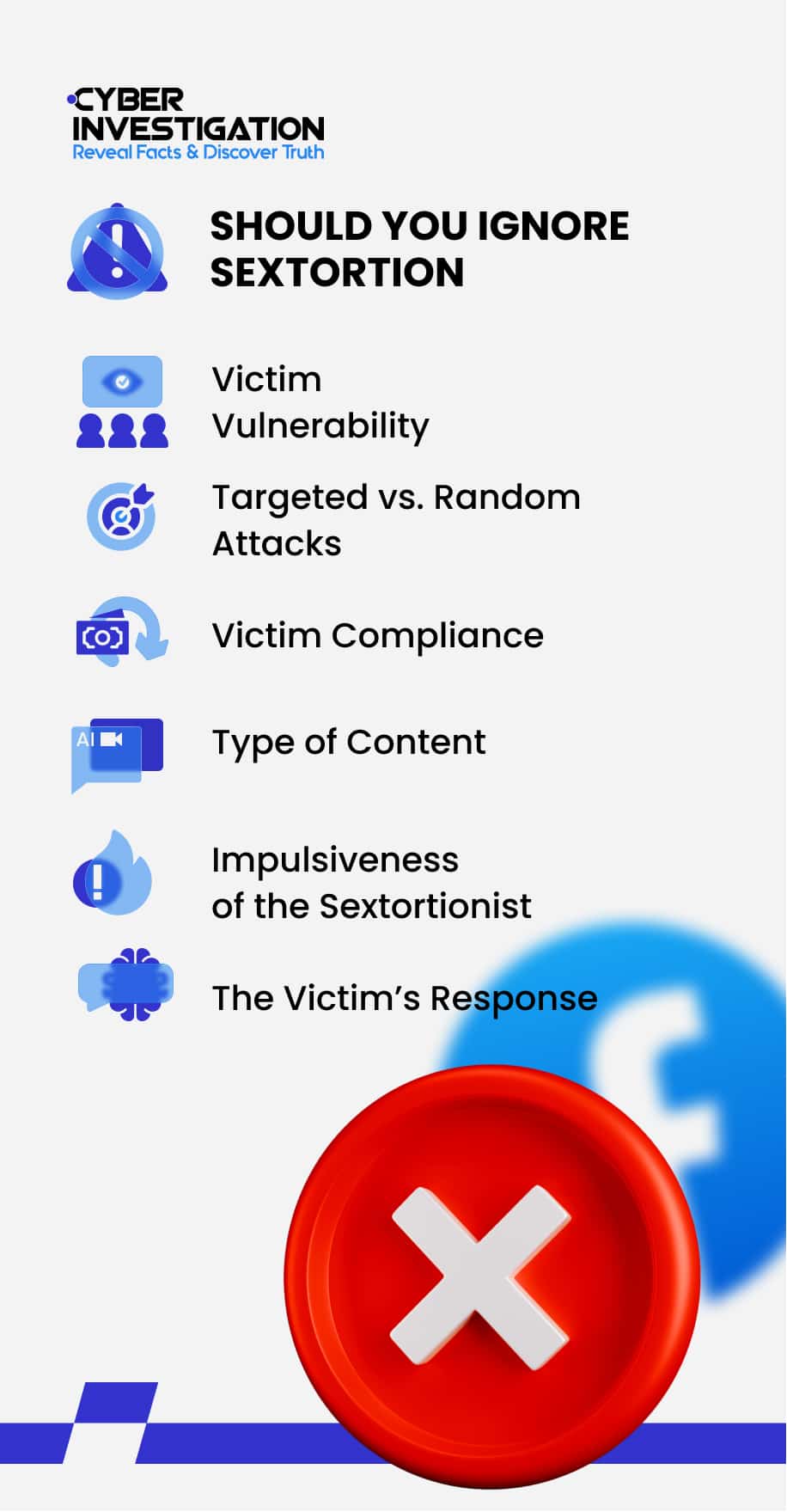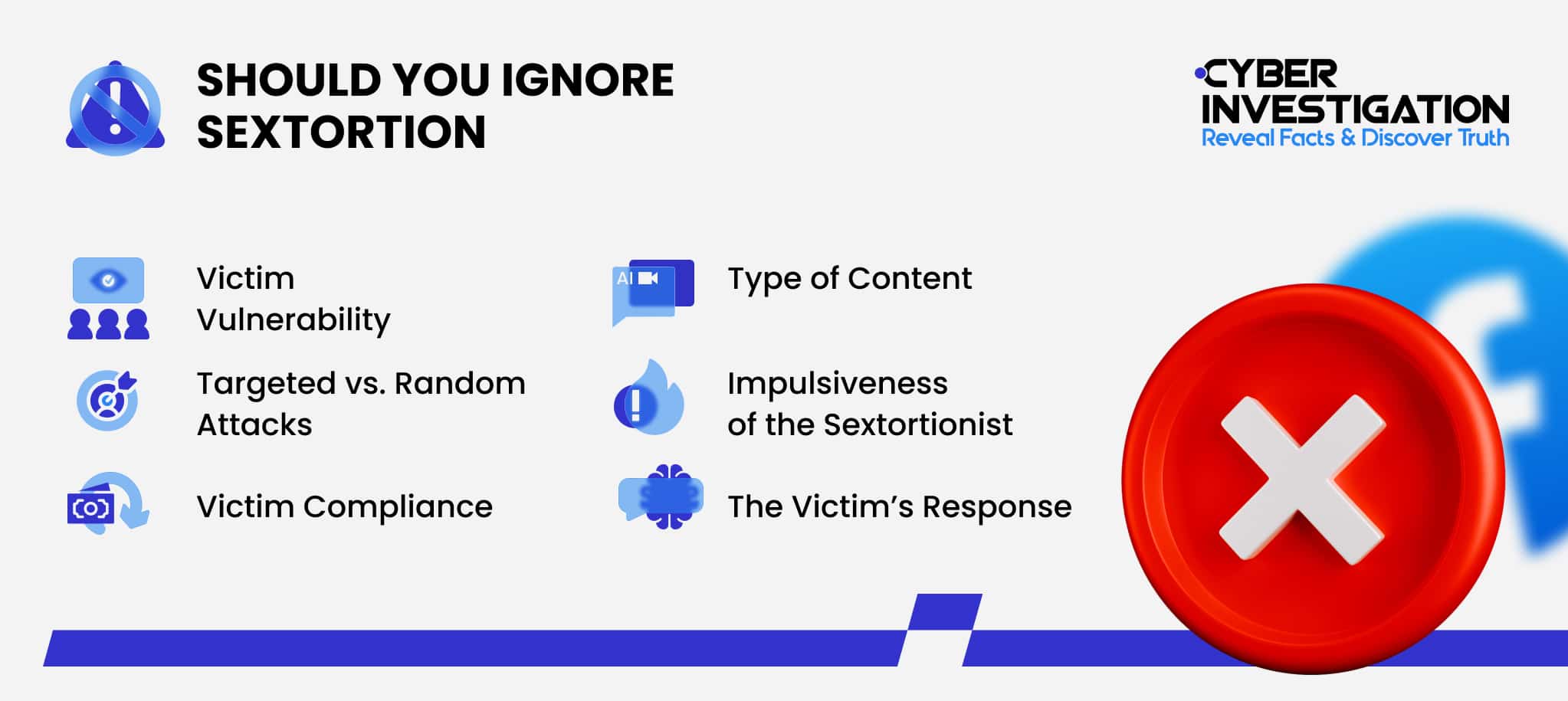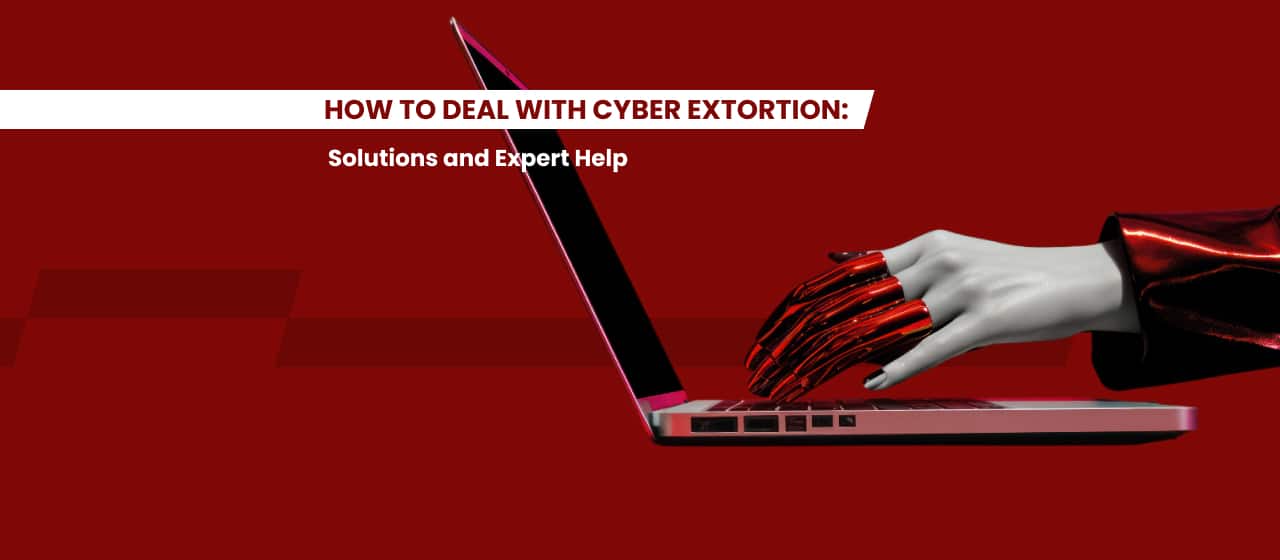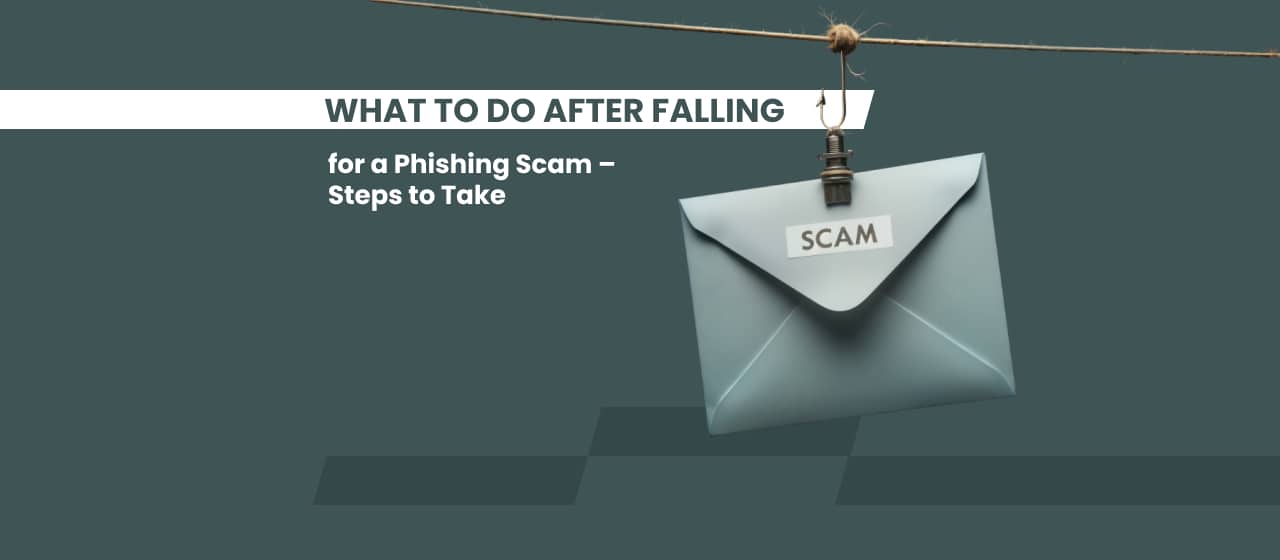Sextortion transpires at a rapid pace. It is something that immediately grabs your attention, makes you feel very frightened, and sends your mind racing to the worst possible scenarios. Many victims run to the internet and type “should I ignore sextortion” because staying silent seems like the only way to protect themselves. Although the fear and the pressure are very real — and they may even seem personal — it is a little more complicated than that. By ignoring the messages, the part that the attacker plays in your life will lessen, but it is not a stand-alone solution.
The thing with sextortion is that it requires you to take smart steps rather than mere guesses. What you really need at that moment is not more uncertainty, but quite the opposite – to have more clarity. This manual takes you through the truth behind such threats made on different platforms. You’ll learn what effect ignoring the situation has, what it doesn’t have, and how to keep safe without the risk of the danger intensifying. Even if it feels like you are the only one, know that you are not — and there is hope.
What Sextortion Looks Like Across Different Channels
Sextortion is a different story every time. The tactics of the scammer can vary, and the tone depends a lot on the platform. Analyzing those differences lessens fear and helps you regain a sense of control.
Each channel has its own psychological style. Email threats often use leaked passwords to terrify recipients. On the other hand, Facebook or WhatsApp sextortionists scout your profile to gain intel. An attacker on Snapchat may count on the idea of “disappearing” content and the factor of urgency. When you see these tactics clearly, the fear loses some of its weight.


Should I Ignore Sextortion? The Reality of This Question
Almost all people who experience sextortion have the same kind of internal debate. They are torn between answering the perpetrator out of fear or going totally silent. It seems ignoring the sextortionist is safer. By communicating, you give them power — but silence doesn’t make the anxiety doesn’t go away.
So, the question shouldn’t be whether you ignore sextortion but what happens after you stop responding and what steps protect you. It is much easier to act if you understand this instead of being in a constant state of panic.
By not responding, you might gain a temporary advantage in the power dynamic. The silence that you impose breaks the urgency that they try to create and eliminates your reactions that they use to escalate your fear.
Unfortunately, ignoring alone does not allow you to secure your accounts, protect your privacy, or find out whether the threat is real or fake. Furthermore, ignoring the issue will leave you in the dark about whether the perpetrator amps up their attack or follows through on their threats.
Silence will not make the threat go away. You have to take steps to secure your accounts, keep records, and reduce the chances of them following through on their threats. There is a very big difference between silence and inaction, and this knowledge can help you regain your power.
Do Sextortionists Stop If You Ignore Them?
Victims will probably ask the question “does sextortion stop if you ignore them?” The answer to the question depends on the kind of criminals involved. Those who use mass emails to scam will most likely vanish soon after the victims decide to ignore sextortion emails, as the threats in these emails are recycled, shallow, and are sent to a large number of people.
On the other hand, there are some perpetrators who, upon realizing that they have been met with silence, will escalate their pressure with the hope that the increasing tension will force the victim to pay. This might reach a fever pitch that results in the perpetrator releasing the content in retaliation.
Although ignoring may help lessen the emotional impact temporarily, it is not a means through which your privacy can be protected or your accounts secured. Such acts will only discontinue when the perpetrator loses the power to control the situation, and this requires some steps beyond the “out of sight, out of mind” approach.
There is no guarantee that ignoring a sextortionist will make them go away. Even if they may be forced to slow down due to non-response, you cannot just sit back and wait until the situation is resolved. Instead, you should be very careful and ensure that your digital safety is in place. Therefore, coming up with a plan for your safety is the key.
What Happens If You Stay Silent
Many victims worry about what happens if you ignore sextortionists, and the truth is that silence alone produces mixed results. Some scammers make one final aggressive push after being ignored, hoping to trigger a moment of panic. Others drop the threat completely. Silence affects their momentum, but it does not guarantee the threat has ended.
If you stay silent without securing your accounts, the attacker may still look for weak points to pressure you. What’s more, you won’t be able to track the development of your case. A quiet approach requires strong digital boundaries to remain effective. You should secure your accounts, save evidence, and seek help from professionals who can stop the threat. Sextortionists lose power when victims act calmly instead of freezing in fear.
Immediate Steps to Take Before the Situation Escalates
- Stop engaging the scammer: Ceasing communication with them removes the emotional reaction that they try to elicit. Moreover, it keeps you from saying something which they could manipulate or take advantage of. Keep the communication channel open and avoid blocking but keep your conversation to a minimum.
- Use very brief delay tactics: For example, saying “I’m not available right now” gives you a couple of minutes to calm yourself. This is the only case in which it is useful because here you cannot solve the problem in a level-headed manner. Delay should be used as a tool for planning, not as a substitute.
- Preserve every piece of evidence without deleting anything: Make sure that you have the screenshots of the messages, usernames, and profiles saved. Do not delete or alter messages — keep them as they are and store full headers for your records. The evidence is what gives the clues to the professionals conducting the investigation.
- Safeguard all of your accounts: Change your passwords, put two-factor authentication in place, and check your privacy settings. Lessening public visibility of you will limit the attacker’s capabilities and will close any loopholes that may be left. If the threat is still there, these measures will help you be safer.
- Temporarily hiding or limiting your social media accounts will not hurt: The less the scammer can see means fewer opportunities that they can use for threatening you. Changes in privacy settings protect your friends and followers from being the next victims. A brief privacy upgrade gives you more power over the situation.
- Contact a professional sextortion response team without delay: They can assess the situation and confirm whether the threat is serious or not. Moreover, they facilitate the resolution and support you in taking the following steps. A professional intervention is a mistake minimizer and a reassurance provider at the same time.
What NOT To Do When Facing Sextortion
- Do not pay the scammer under any circumstances: Paying encourages them to return with new demands, because they see you as an easy target. Many victims who pay once receive even stronger threats afterward.
- Do not block the scammer. If silence can trigger retaliation, blocking is an open invitation for them to make good on their threats. Cybercriminals are volatile and can make rash decisions when they believe they are losing leverage. Additionally, blocking may lead to unintentional deletion of crucial evidence.
- Do not delete messages, screenshots, or accounts involved in the threat. Lack of evidence reduces the effectiveness of professional help in responding to sextortion threats and limits your future options.. Keeping the full trail gives experts a complete picture of the situation. Preservation always works in your favor.
- Do not click suspicious links or open attachments. Sextortion emails sometimes contain malware designed to steal information or compromise your device. When you open unknown files, it increases risk and gives attackers more control.
When You Need Professional Help (And Why It Makes the Difference)
There comes a point in many sextortion cases when acting alone no longer feels safe — and recognizing that moment is one of the smartest decisions you can make. You may reach it when the scammer shows real proof, escalates threats, or becomes unpredictable, because these signs suggest the situation requires more than silence or basic account security.
Professionals understand how different scammers operate, and they can quickly identify whether a threat is real, exaggerated, or part of a recycled pattern. This clarity removes confusion and prevents the panic-driven mistakes that scammers count on.
Expert assistance matters because sextortion is designed to confuse victims emotionally. A professional team keeps you grounded by offering specific steps tailored to your situation, rather than generic advice that may not fit your threat level. They also help with de-escalation, evidence review, account safety, and exposure prevention.
Why Cyber Investigation Is the Safest Next Step
- We know how to detect sextortion patterns on any platform. Our staff has handled a very large number of cases related to Facebook, Instagram, WhatsApp, email, and video calls. In consequence, we are able to recognize the most credible threats much quicker than any single victim could. This knowledge can save you from falling into the most common errors.
- We bring calm when the person in question is in panic: Giving in to fear caused by the shock of the incident is what victims of sextortion are most likely to do. Cyber Investigation Inc. provides very definite, reassuring steps that help people feel more confident as they take control of the situation. Being supported like this makes the problem seem solvable.
- We help prevent exposure by reducing the scammer’s leverage: Our skilled individuals are able to lower the level of tension and capacity of the offender to do evil. At the same time, we implement methods that ensure your confidentiality and lessen the offender’s pressure.
- We inspect the facts and decide the actual level of danger: Many sextortion threats are mere bluffs, and our specialists are capable of distinguishing them effectively. Our evaluation enables you to figure out if the blackmailer has actual material or if they are pretending.
- We do the hard work of communication for you: When professionals deem it necessary, they carry out the communication and thus you are kept away from direct contact. Consequently, this alleviates the emotional burden and guards against manipulation.
Final Takeaway
If you decide to ignore sextortion, it might help reduce the immediate tension — but it will not be able to secure your accounts, figure out the level of the threat, or keep your privacy safe. The truth is that security comes from sensible decisions that are accompanied by taking the right steps, not from keeping quiet alone.
Once you make your accounts strong, keep the evidence safe, and get the help of experts, the perpetrator will have very little power left. A sextortion case only seems to be a powerful one when the victims are in fear and do not share it with anyone. Provided that you have the right assistance and a well-organized plan, you will be able to take back control very soon and secure your tomorrow.
If you need to handle a threat safely, contact Cyber Investigation for expert guidance. Get started today with a free consolation and begin your road to a successful recovery.







